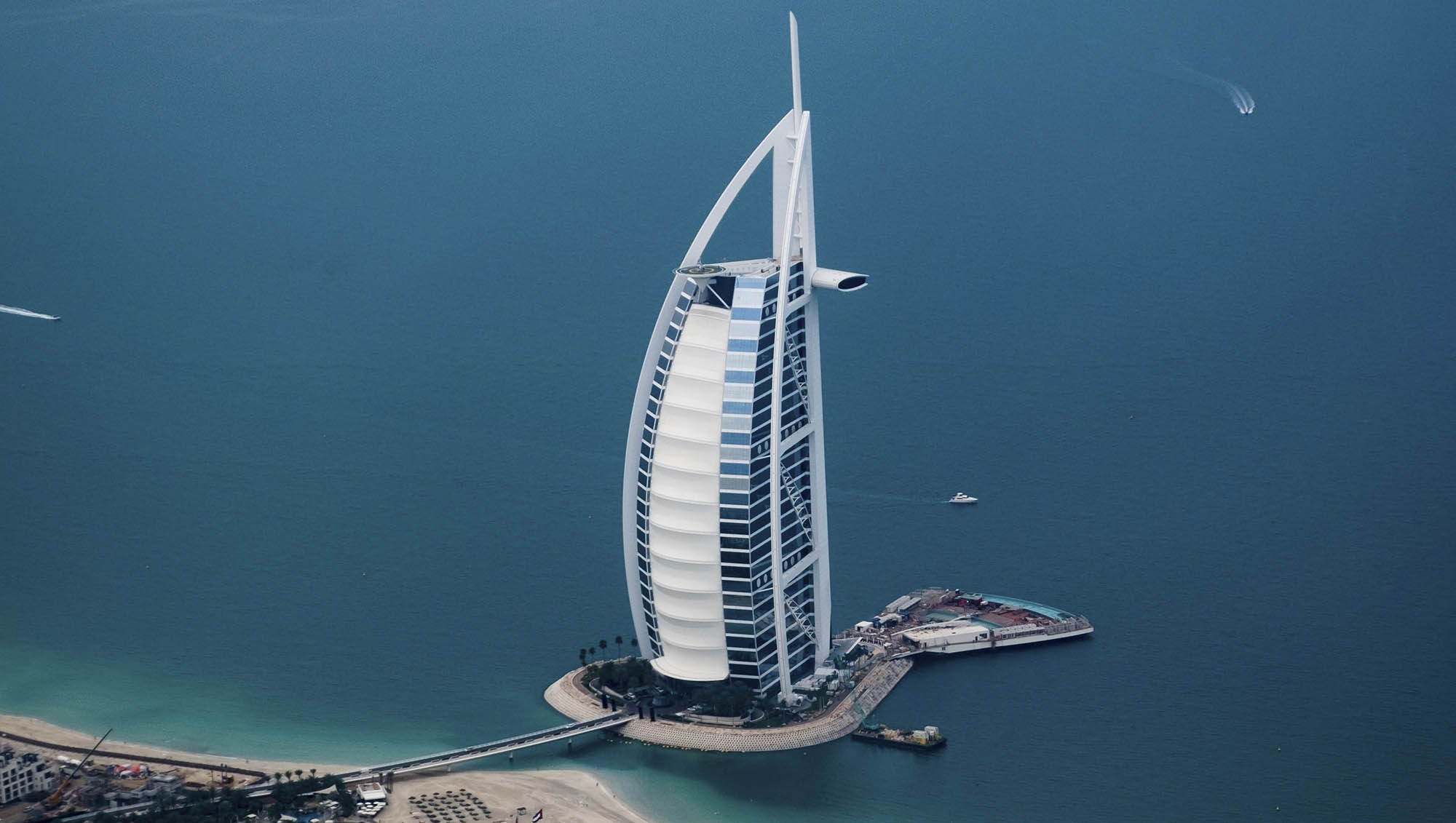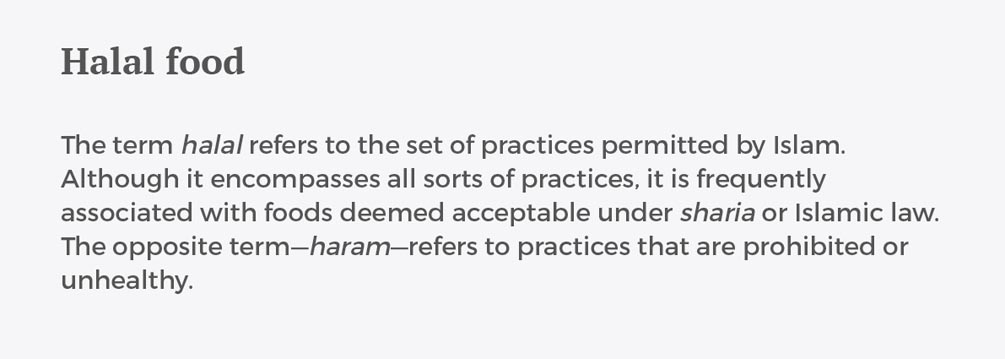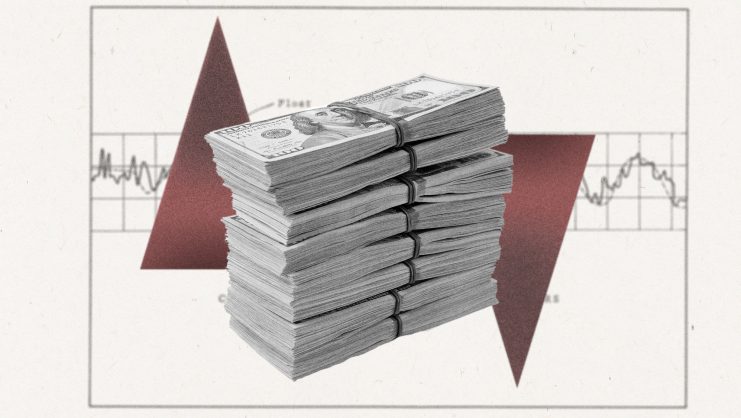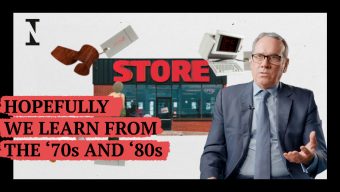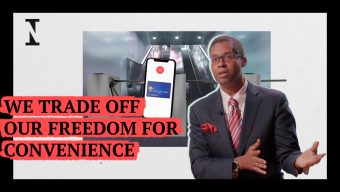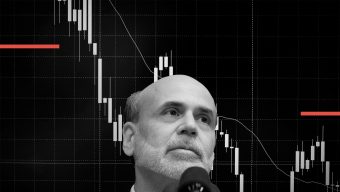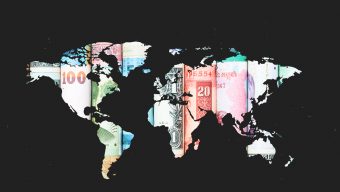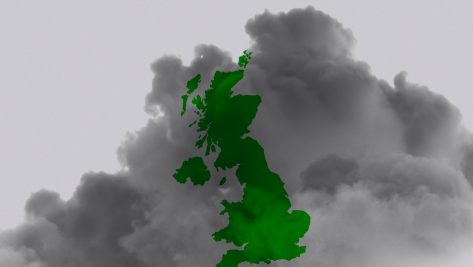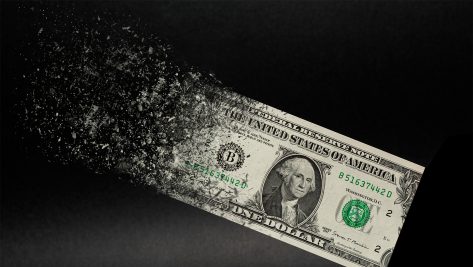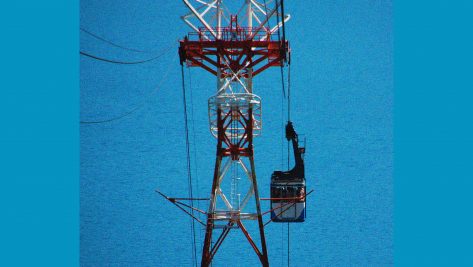Germán Rodríguez: This year marks the 20th anniversary of the creation of the Dubai Internet City technology park. More recently, the Dubai Silicon Oasis has been making great strides. What is the objective of these initiatives, and what stage of development are they currently in?
Saeed Mubarak Kharbash Al Marri: When we talk about Dubai Internet City and the Dubai Silicon Oasis, we are talking about the Islamic digital economy. In Islamic finance, the way forward is to keep incorporating the digital dimension, whether through artificial intelligence, blockchain, or other technologies. A growing number of startups are bursting into the market and having an impact on the banking sector. I think it would be positive for all of us to work together.
Digitalization also allows us to set three goals: increase product and service quality, reduce prices, and improve data collection and management. In the market for halal food, data allow us to inform consumers about the entire logistical process that went into the production of any food item they purchase.
Germán Rodríguez: That’s what we call farm-to-retailer traceability…
Saeed Mubarak: That’s right.
Germán Rodríguez: How soon could that be ready?
Saeed Mubarak: Implementation will take one to two years. Adaptability might take a bit longer. It’s quite easy to implement, but the problem is the idea behind this traceability from the farm to the end point. Some people say that the economic crisis going on all over the world makes this a bad time to act. The crisis makes some people unwilling to spend more—not even a little bit more—on something new. However, a year or two from now, the market will be ready to grow again.
Digitalization allows us to set three goals: increase product and service quality, reduce prices, and improve data collection and management.
Germán Rodríguez: Is this project limited to the DIEDC, or do you plan to expand it?
Saeed Mubarak: Most of the projects we’re working on at the DIEDC have multiple layers. First, we concentrate on our home country: the United Arab Emirates. We start by setting the best standards. The next step is to see how we can move forward, gently, at the global level. We meet with major countries that have a lot of experience with Islamic finance, such as Malaysia and Indonesia. We sit down with them, try to come up with best practices, and work things out together. One example is the International Halal Accreditation Forum (IHAF). We have something like 34 members, about 25 of which—if I recall correctly—come from countries that are not majority-Muslim, including places like Australia and New Zealand. You learn a lot from them because they are pioneers and they negotiate the things that they’re good at. Why don’t we take what they do well and apply it to the halal system? Our idea is to expand it, but we can’t go overseas without first attaining a good level in our home country.
Germán Rodríguez: How do you think the DIEDC will evolve over the next five years?
Saeed Mubarak: The objective is to have 40 member countries by the end of this year and 60 by the end of next year. With this critical mass, we can reach, for example, 95% of the market for meat. The plan is to have as many members as possible. The ultimate goal is not to create a registered trademark for halal, but to facilitate trade. That’s the real challenge. Let’s make the halal industry flourish by tearing down trade barriers.
Germán Rodríguez: It sounds like your goal is to have more countries making halal products, which means you also need to have more countries consuming those products.
Saeed Mubarak: Exactly. We’re working in both directions. We want to have more countries making halal products and more halal products overall, but we also want to go a step further. Let me give you an example. I travel a lot. Whenever I’m on the road, I always look for kosher products because I associate them not with religion but with quality. That’s how we want to position halal products. We want people to associate them not with the Muslim diet but with quality. That’s our main goal.
© IE Insights.



